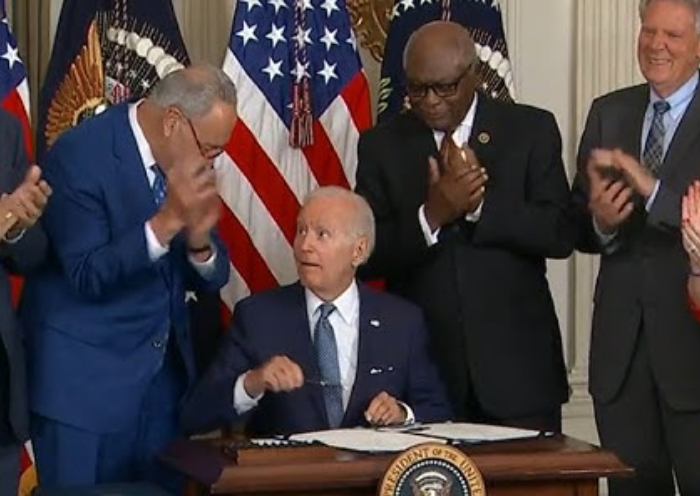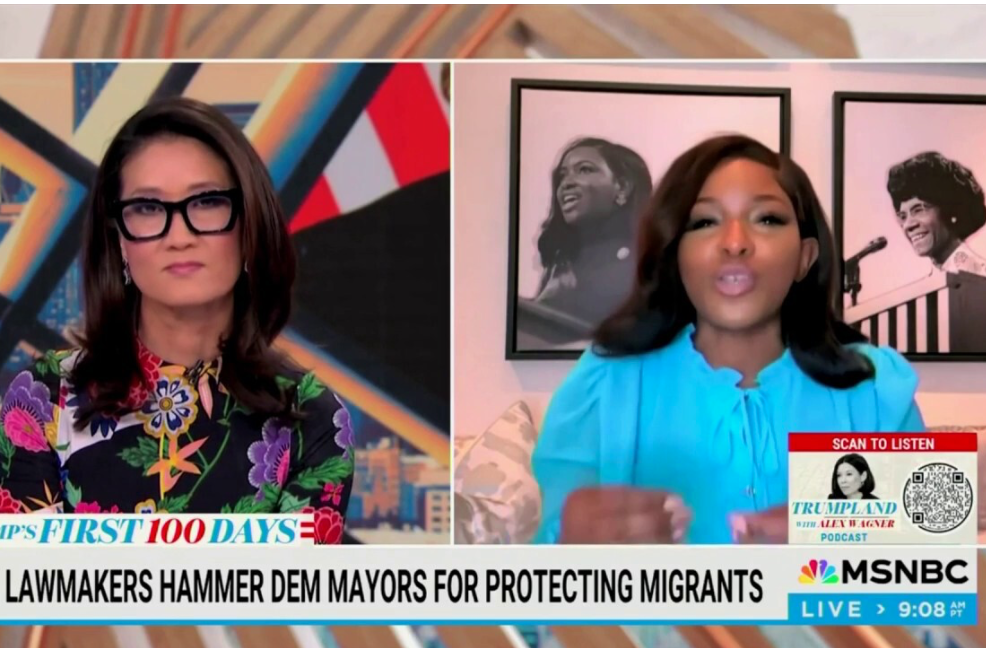Reality TV producers welcome to your reckoning. It looks like the glittery, high-drama facade of unscripted television is finally cracking, and what’s spilling out isn’t pretty. Thanks to former Love Is Blind contestant Renee Poche and her legal team, the industry’s exploitative practices are getting the kind of federal scrutiny usually reserved for tax fraud or Big Tech monopolies. And frankly, it’s about time.
Poche, who never even made it onto air during her ill-fated stint on Love Is Blind, has been battling producers Kinetic Content and Delirium TV in a case that has gone from backroom arbitration to the National Labor Relations Board (NLRB). Now, the feds are involved, and they aren’t pulling punches. According to the NLRB, these reality TV producers have been misclassifying contestants as “non-employee participants” to strip them of workplace protections while locking them into draconian contracts that prevent them from working elsewhere or even speaking out.
Let’s pause here to appreciate the absurdity: a contestant gets paid a paltry $8,000 for participating in a show that’s turned into a global cash cow, yet producers feel entitled to slap them with a $4 million lawsuit for daring to speak out about their treatment. If that doesn’t scream exploitation, what does?
Enter Poche’s legal dream team, Bryan Freedman and Mark Geragos, who are treating this case like the moral crusade it is. These lawyers are the human equivalents of a wrecking ball, and their message to the industry is clear: you’ve been running roughshod over contestants for years, and now it’s time to pay up. As Geragos so aptly put it, “Payback is a bitch.”
“I’m very excited. It’s finally like someone’s really listening that can make a huge impact, Besides, of course, the lawyers and everyone that’s helped me to this point, I am also excited that it’s not just for me personally in my specific case, but the industry as a whole. It’s amazing, really, for all of us,” Poche told Deadline.
The NLRB’s sweeping December complaint is a game-changer, with implications far beyond Netflix’s Love Is Blind. The board’s findings could pave the way for reality TV contestants to be classified as employees, giving them the same rights and protections as other workers. That means fair pay, the ability to work elsewhere, and freedom from the iron grip of restrictive NDAs. This isn’t just a crack in the dam—it’s the first step toward potentially unionizing reality TV contestants. Yes, you heard that right: SAG-AFTRA, but for unscripted stars.
Producers, of course, are scrambling. Kinetic reportedly dangled a settlement in front of Poche, but it came with a gag order she refused to accept. And who could blame her? After being muzzled for so long, Poche seems determined to shine a light on an industry that thrives on keeping its participants powerless.
But let’s not pretend this reckoning is happening out of some newfound sense of corporate accountability. No, this is about legal and financial survival. Studios and streaming platforms are terrified of what’s coming. Freedman and Geragos have already settled other cases confidentially, and they’re promising this is just the beginning. If you thought the Hollywood strikes were disruptive, wait until reality TV gets unionized.
Love Is Blind’s Renee Poche files a lawsuit against Netflix for setting her up with a “walking red flag” fiancé. https://t.co/8lb86aJPrw pic.twitter.com/h3VKYSZtPM
— E! News (@enews) January 5, 2024
For too long, reality TV has ridden high on the backs of contestants who sign away their rights for a chance at fleeting fame. These producers rake in millions while the people onscreen—the ones creating the drama and driving the ratings—are left with scraps and silenced if they dare to complain. That day is over. Whether it’s through unionization, lawsuits, or the NLRB’s rulings, the pendulum is swinging. And if studios don’t like it? Well, as Poche said, this is the “f*ck around and find out” stage. Buckle up.




